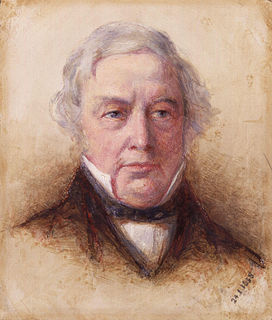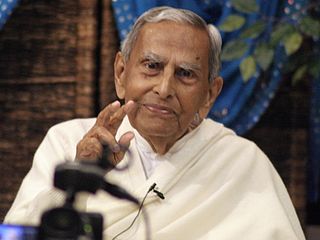A Quote by Pindar
To our own sorrows serious heed we give, But for another?s we soon cease to grieve.
Related Quotes
In the performance of our responsibilities, I have learned that when we heed a silent prompting and act upon it without delay, our Heavenly Father will guide our footsteps and bless our lives and the lives of others. I know of no experience more sweet or feelings more precious than to heed a prompting, only to discover that the Lord has answered another's prayer through you.
The immature conscience is not its own master. It simply parrots the decisions of others. It does not make judgments of its own; it merely conforms to the judgments of others. That is not real freedom, and it makes true love impossible, for if we are to love truly and freely, we must be able to give something that is truly our own to another. If our heart does not belong to us, asks Merton, how can we give it to another?







































